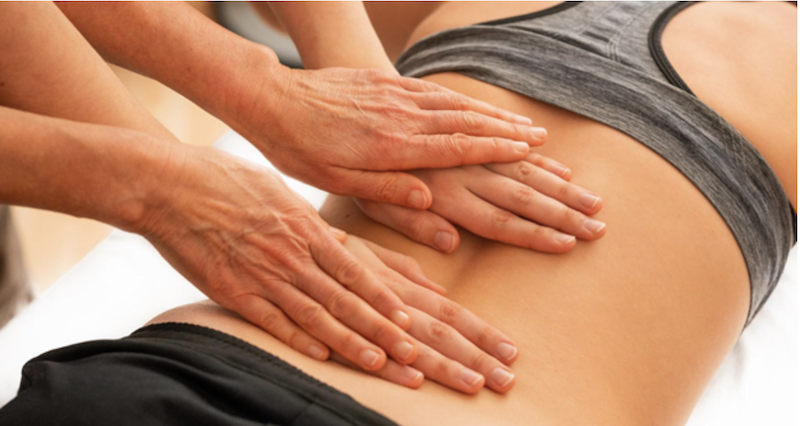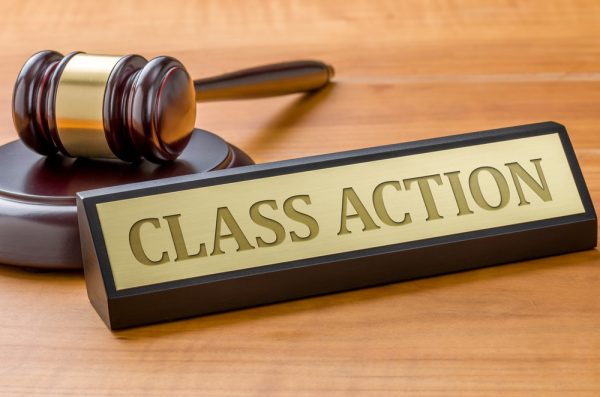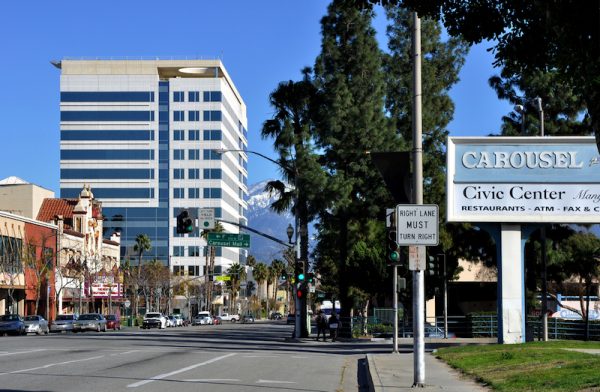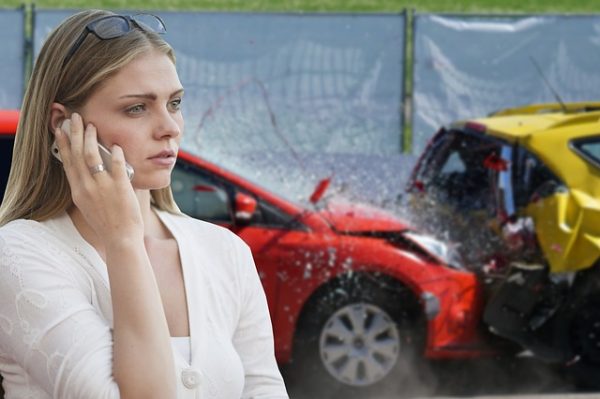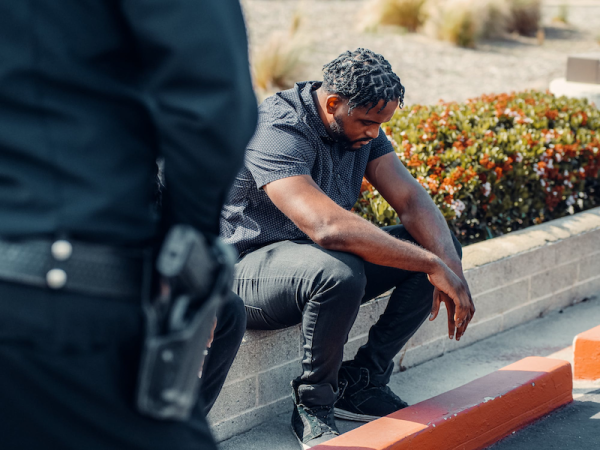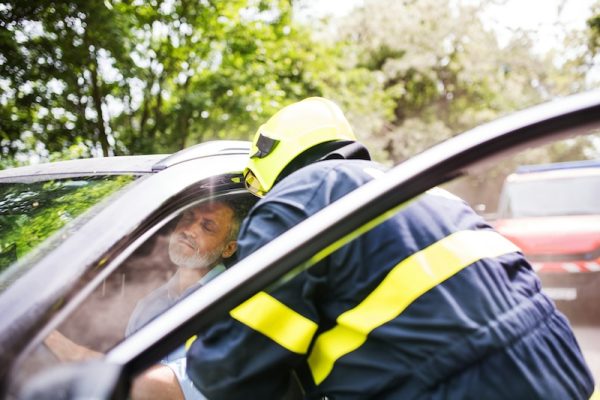3 Causes of Back Injuries and How to Recover From Yours
Content provided by legal writers
Back injuries can range from sudden to chronic, but they can quickly ruin your day. Most of the time, lower back pain occurs after lifting heavy objects, twisting the back, or stretching too far. However, back injuries can also happen after a car accident or playing contact sports.
Pursue Compensation if Your Back Injury Wasn’t Your Fault
If you were involved in a motor vehicle collision, assaulted, or you slipped and fell inside a business, you can pursue compensation for your back injuries. As long as you have enough proof to tie the accident back to the other person, you could receive a hefty settlement.
Medical expenses, rehabilitation costs, and lost income are just some of the back injury settlements you can claim after an accident. If someone you know was a victim of wrongful death, you can sue on behalf of them and receive compensation for funeral expenses.
3 Common Types and Causes of Back Injuries
There are many common reasons for back pain or injuries, but they often result in a sprain, strain, herniated disc, building disc, or fractured vertebrae.
Let’s look at each injury in-depth.
1. Sprains and Strains in the Back
Sprains typically occur from a fall or twist, while strains happen if you twist or pull a tendon in your back. You’ll know you experienced this injury if you heard a pop at the time of injury, your muscle is cramping or aching, you have difficulty breathing, and pain increases with movement.
What Causes Back Sprains and Strains?
Just about any sudden movement or heavy lifting could cause this injury. Incorrect stretching, poor posture, and lifting with your back are more likely to cause strains and sprains, but non-contact and contact sports may also hurt your back.
How Can You Recover From Back Sprains and Strains?
Most back sprains and strains are easily treated with a “wait and see” approach. Rest, ice, and ibuprofen can alleviate the pain. You can usually get back to your regular activities in 1-2 days if you don’t overdo it.
2. Herniated or Bulging Discs
A herniated or bulging disc can occur if the rubbery cushions between your vertebrae, also known as “discs,” tear. While back pain is a common symptom of disc problems, you may also experience numbness or tingling, arm or leg pain, and muscle weakness in the back and arms.
What Causes Herniated or Bulging Discs?
An excessive strain or injury can cause herniated or bulging discs, but your discs naturally degenerate as you age. Once you get older, slight or sudden twisting motion can cause disks to rupture. If they rupture often, it could affect the spine.
How Can You Recover From Herniated or Bulging Discs
Initial treatment is nonsurgical. A doctor may recommend ibuprofen, relaxation, and physical therapy. If symptoms continue or get worse, the patient may be a candidate for lumbar decompression or cervical spine surgery.
3. Fractured Back Vertebrae
Also known as a compression fracture, a fractured vertebra happens when a crack or gap is present in the vertebrae. Besides acute and/or chronic back pain, you’ll know if you have a fractured vertebra if you walk with a hunched posture or experience numbness or tingling.
What Causes a Fractured Vertebrae?
The most common cause of a fractured vertebrae is severe trauma, usually from high-velocity car accidents, high-impact sports, or falls from great heights. Some older individuals may fracture their spine from a minor slip and fall accident.
How Can You Recover From a Fractured Vertebrae?
Treatment options depend on where the fracture is located. Minor fractures are treated with cervical bracing, while complex or spinal cord fractures may require surgery, traction, medication, rehabilitation, and/or care assistance.
This content is provided by an independent source for informational purposes only and does not contain legal advice. Consult an attorney or financial advisor when making decisions. This information is provided by legal writers and does not reflect the views or opinions of The Daily Sundial editorial staff.
